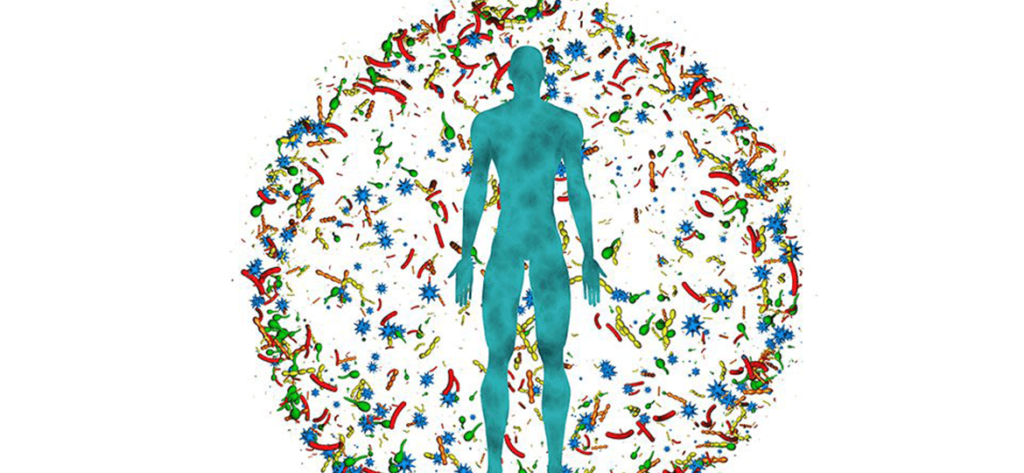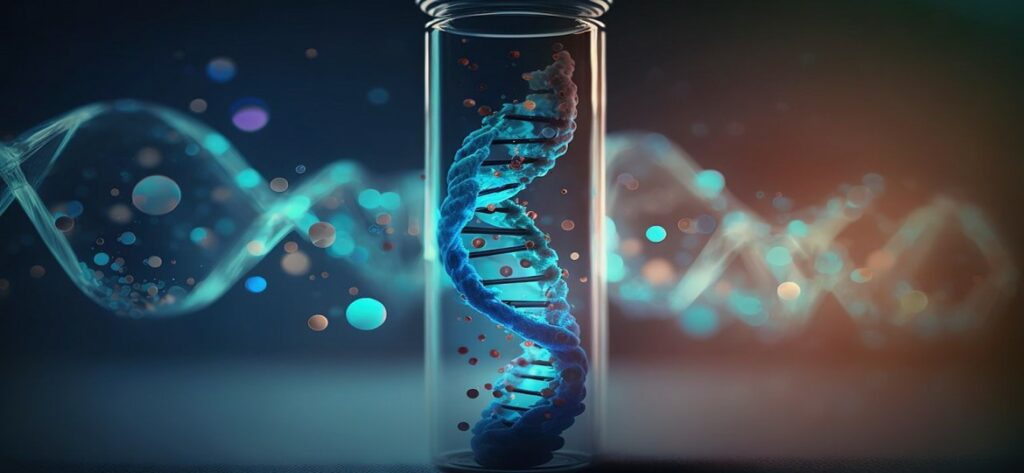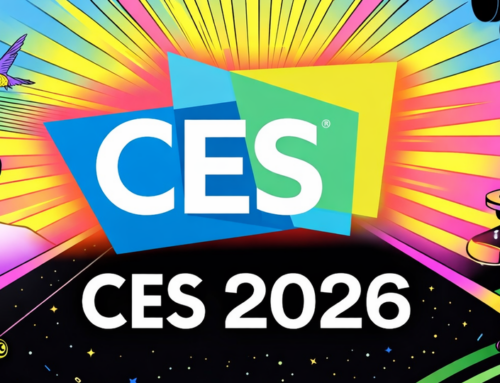July_Precision Medicine|Saliva RNA for Concussion Diagnosis: A New Highlight in the Concussion Screening Market
Traumatic brain injury (TBI) is an injury to the brain (cerebrum) caused by an impact on the brain. Depending on the degree of severity, it is classified as mild, moderate, or severe. Mild TBI is commonly referred to as a concussion, which according to JSPRM and Global Information affects more than 69 million people worldwide each year. Although concussion accidents are very common, it is estimated that as many as 80% concussions remain undiagnosed. Neglecting concussions may lead to headaches, nausea, depression, and inability to concentrate, as well as repeated concussions, which may aggravate the intensity of the symptoms and lead to memory loss, dementia, and serious injury. In severe cases, it may lead to memory loss, dementia and Parkinson's disease.
Traumatic brain injury is best diagnosed at the time of injury or within the first 24 hours. Current clinical diagnostic protocols are based on symptomatic and neurological imaging, including case reports of symptoms, clinical scales of cognitive testing, and functional brain imaging, such as CT or MRI, with CT computed tomography (CT) being the standard for the clinical diagnosis of concussion. Although functional brain imaging is helpful in diagnosing the location and extent of injury (cerebral hemorrhage), concussion is often difficult to detect because people who have suffered a concussion may not have any obvious brain injury, and many patients with brain injuries report perfectly normal EEG/CT/MRI examinations. Because specific biomarkers appear in cerebrospinal fluid, blood, or saliva at the early stage of brain injury, changes in these biomarkers can be measured to determine the presence or severity of brain injury, and can even reflect the changes in the human brain a few hours or even a few days after the trauma, and these specific biomarkers, such as GFAP (Glial Fibrillary Acidic Protein), UCH-L1 (Ubiquitin Carboxylic Acid Protector), UCH-L1 ( Ubiquitin Carboxy-Terminal Hydrolase Isoenzyme L1), serum S100B protein, or RNA, can help in the early screening of patients with concussion who do not yet have obvious symptoms for early detailed brain function imaging or follow-up treatment, and can help to rule out follow-up computed tomography (CT) in patients with minor brain impacts that do not result in concussions (with negative results). For patients with minor brain injuries and no concussion (negative test results), this can help to eliminate the need for follow-up CT scans and reduce the length of time the case spends in the hospital.








